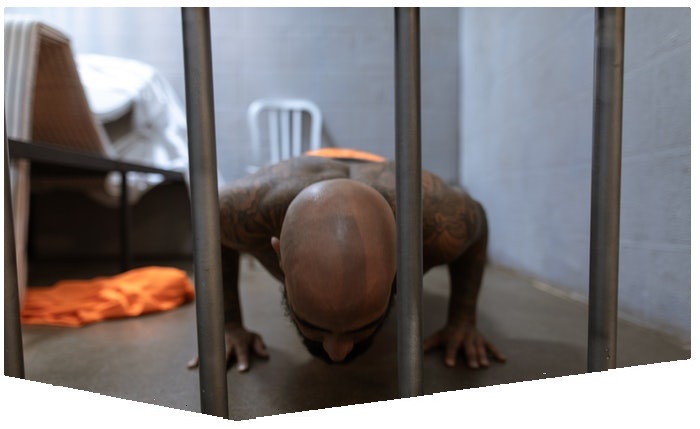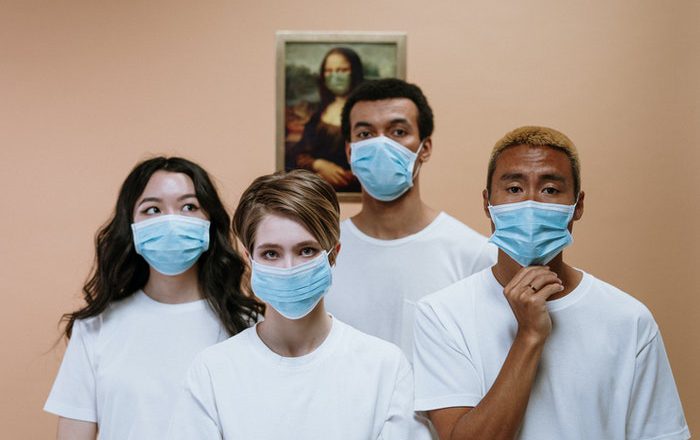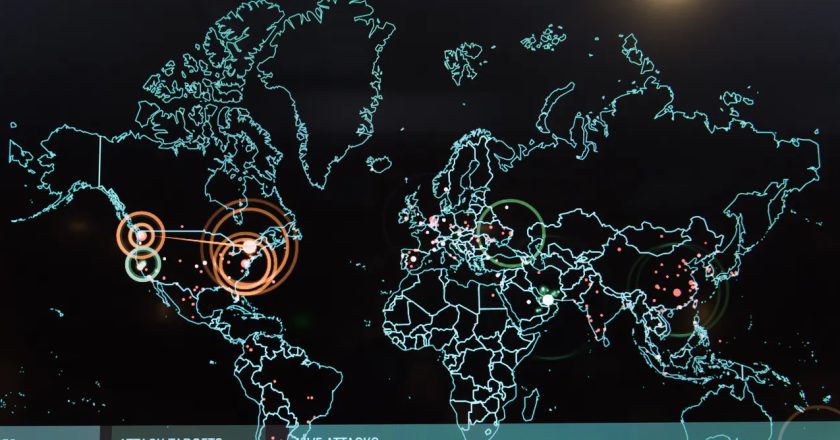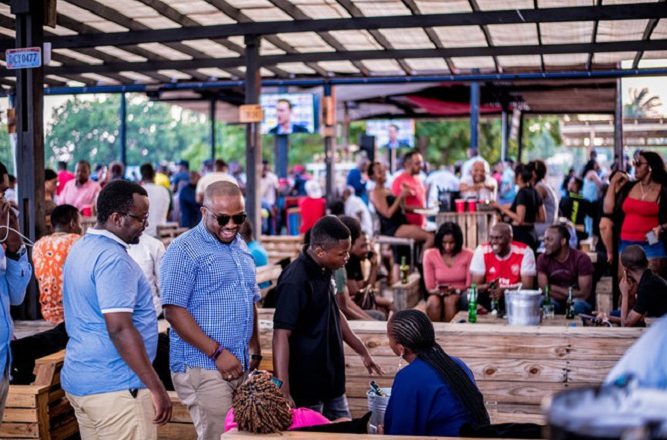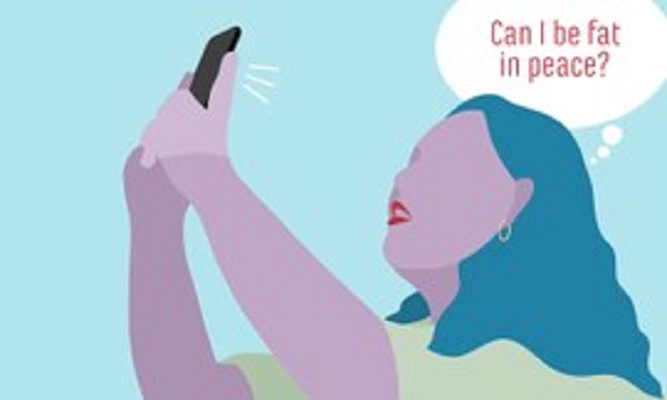Juneteenth: To Thousands Of Blacks Unable To Make Bail Freedom’s Promise Is Still Denied
June 19 marks Juneteenth, a celebration of the de facto end of slavery in the United States.
For hundreds of thousands of African-Americans stuck in pretrial detention – accused but not convicted of a crime, and unable to leave because of bail – that promise remains unfulfilled. And coming immediately after Father’s Day, it’s also a reminder of the loss associated with the forced separation of families.
On a very personal level, I know how this separation feels. Every Father’s Day since 2011, I’ve been reminded of the unexpected death of my dad at the age of 48. But also on a professional level, as a criminologist who has been researching mass incarceration for the past decade, I understand the disproportionate impact it’s had on African-Americans, destabilizing black families in the pro...

